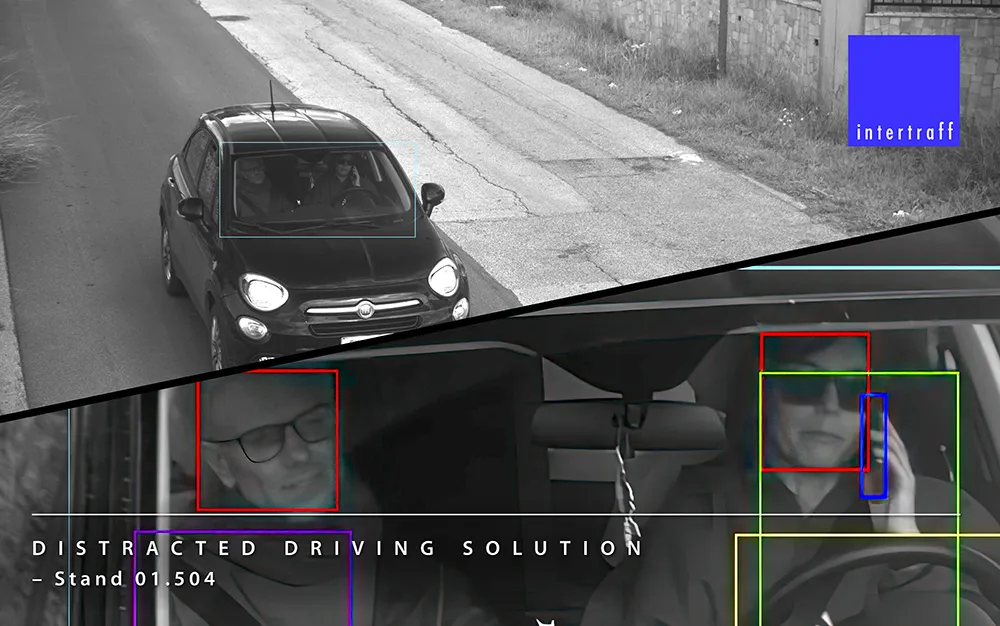Drivers who use cellphones while driving will soon face tougher penalties in British Columbia, Canada, after the government announced significantly higher fines, more penalty points and earlier interventions for repeat offenders, including driving prohibitions, as part of its push to eliminate distracted driving, a leading factor in deaths on BC roads.
Effective from 1 June, the current penalty of $167 for distracted driving will increase to $543 for a first offence ($368 base fine, plus $175 in penalty
May 11, 2016
Read time: 2 mins
Drivers who use cellphones while driving will soon face tougher penalties in British Columbia, Canada, after the government announced significantly higher fines, more penalty points and earlier interventions for repeat offenders, including driving prohibitions, as part of its push to eliminate distracted driving, a leading factor in deaths on BC roads.
Effective from 1 June, the current penalty of $167 for distracted driving will increase to $543 for a first offence ($368 base fine, plus $175 in penalty point premium), $888 for a second offence within a year and $1,600 for a third offence. Drivers caught using cellphones will also see demerit points on their licence increase from three to four points.
In addition, distracted driving is being elevated to the threshold for ‘high-risk’ driving offences, making it equivalent to excessive speeding and driving without due care and attention.
Repeat offenders will also have their driving record subject to automatic review, which could result in a three-to-12 month driving prohibition. The superintendent of motor vehicles also has discretion to prohibit drivers based on referrals from the Insurance Company of British Columbia (ICBC) or police.
These tough new sanctions reflect what government heard during a public consultation in which 90 per cent of respondents indicated they support stronger distracted driving penalties to help make roads safer.
In 2014, distracted and inattentive driving was a contributing factor in killing 66 people and seriously injuring 630 more on BC roads.
Effective from 1 June, the current penalty of $167 for distracted driving will increase to $543 for a first offence ($368 base fine, plus $175 in penalty point premium), $888 for a second offence within a year and $1,600 for a third offence. Drivers caught using cellphones will also see demerit points on their licence increase from three to four points.
In addition, distracted driving is being elevated to the threshold for ‘high-risk’ driving offences, making it equivalent to excessive speeding and driving without due care and attention.
Repeat offenders will also have their driving record subject to automatic review, which could result in a three-to-12 month driving prohibition. The superintendent of motor vehicles also has discretion to prohibit drivers based on referrals from the Insurance Company of British Columbia (ICBC) or police.
These tough new sanctions reflect what government heard during a public consultation in which 90 per cent of respondents indicated they support stronger distracted driving penalties to help make roads safer.
In 2014, distracted and inattentive driving was a contributing factor in killing 66 people and seriously injuring 630 more on BC roads.







